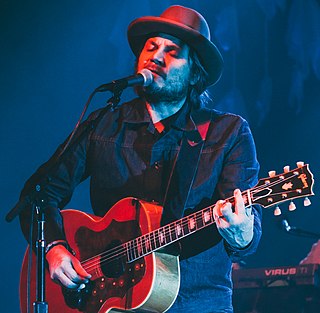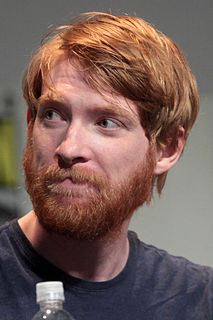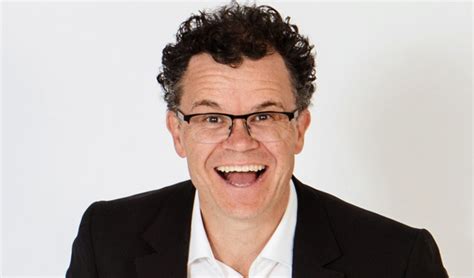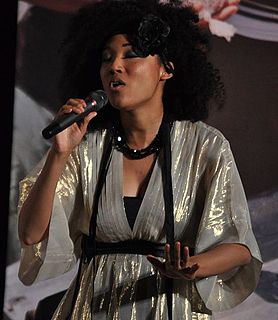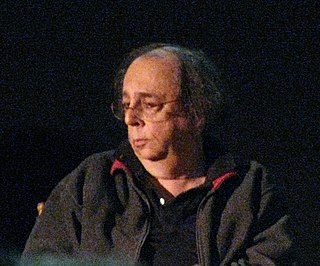A Quote by Baron Vaughn
The audience is your first collaborator with the material. If that makes sense.
Related Quotes
The last collaborator is your audience ... when the audience comes in, it changes the temperature of what you've written. Things that seem to work well -- work in a sense of carry the story forward and be integral to the piece -- suddenly become a little less relevant or a little less functional or a little overlong or a little overweight or a little whatever. And so you start reshaping from an audience.
You can work on a movie for years, and you won't know until you show it to an audience for the first time if it makes any sense to them at all, if they're touched, if they find it funny, so it's endlessly exciting, because failure is just right there all the time, and your chances of success don't rise that much based on the fact that you succeeded last time.
I remember reading in a comedy book very long ago when I first started, a person said there's a difference between a sense of humor and a sense of funny. A sense of humor is knowing what makes you laugh and a sense of funny is knowing what makes other people laugh. The journey of comedy, in a sense, is negotiating those two worlds.



